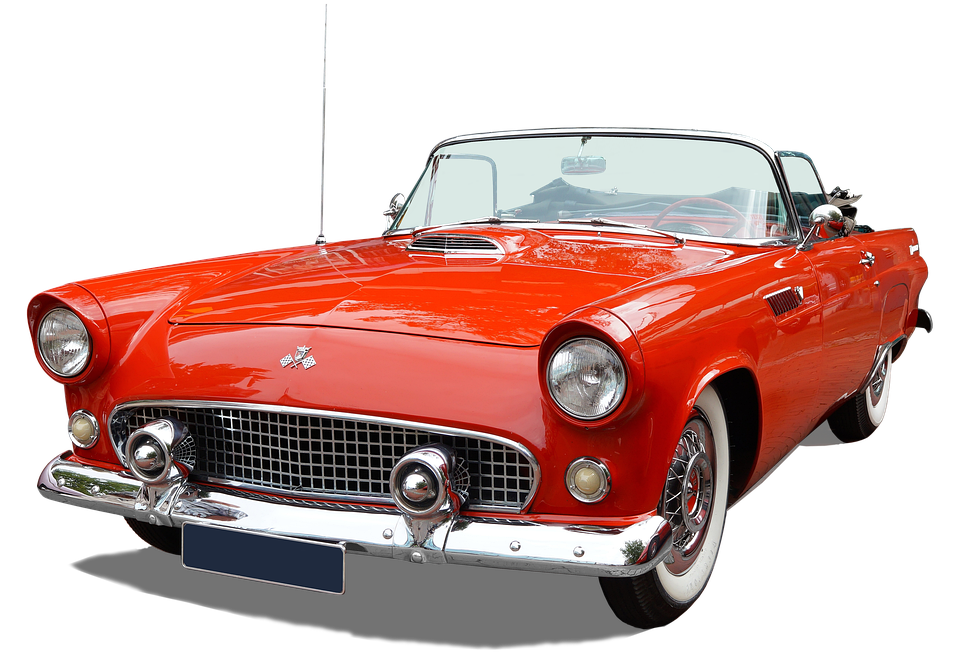Are “used” cars a good thing?
There are clearly advantages to buying a used car, mostly for the price. And there are drawbacks, mostly to do with fixes and bragging rights (although there are economic bragging rights that some people take advantage of).
But let’s not look at the facts today. Let’s look at psychology.
The term “used” means that someone else has already “used” it. Subconsciously, “used” means:
Partially worn out (no longer complete)
Lower quality (not the latest modern technology, for example)
worn out (no longer shiny and new)
Rusty (disgusted!)
Nobody gets too excited about a “used” car. It’s usually a practical choice, and an economical compromise for people who would probably prefer a brand new car.
In case you were wondering, the “classic” car is amazing. “An antique car is cool. A ‘used’ car has just been used. There is a world of psychological difference between a ‘classic’ 1957 Ford Thunderbird or Chevy Belair and a ‘used’ 2001 Saturn wagon.”
But “used” is actually a catchy term for some people.
People in financial difficulty, whose whole life revolves around making ends meet. These people don’t even think about buying new ones. No furniture, no cutlery. Certainly not cars. For them, “used” refers to a product that exists in their universe, one that they don’t ignore as if it never existed. For them, “used” is actually a share term.
Similar to financially difficult people are people who are frugal by nature, raised in a frugal environment and accustomed to buying second hand, bargain hunting, and haggling — not necessarily because they desperately need to save every penny, but because psychologically it feels “waste” to pay Anything above the minimum price. For such people, “used” is also a powerful term to share.
Then there are the green people, environmentally conscious people who follow the mantra of “reduce, reuse and recycle”. When these people live in the city, they may not even own a car, and they can reduce their usage by taking public transportation. But many will still want to own a car for weekend getaways, city travel, and other places and times when public transportation is not adequately served. And people in green rural areas have no choice but to own a car.
For those green people who buy a car, “used” means they recycle it, and that’s okay. They may not like having to drive a machine that is often blamed for its polluting emissions, but at least they’re repurposing a car instead of buying a new one. Yes, for these people, “the new” would be a total vacation; “Used” means hallowed ground – sacred enough to justify owning a car.
Finally, there are people who already have a nice new car, but need a second car to coordinate with a family who isn’t always everywhere together. The idea of owning a nice new car appeals to them and makes them proud. The idea of subsidizing a second new car seems excessive to them and will cause their lifestyle to crunch in other areas for financial reasons. For the unpredictable used-car enthusiast, tentatively “used” is an effective term for engagement.
If you have a used car to sell, why not try targeting these four markets:
very poor
Naturally thrifty
green
Second car families
You might be surprised at how quickly someone will settle for that old beater you thought you could never empty. Yes, there is a market for even the most used car.
